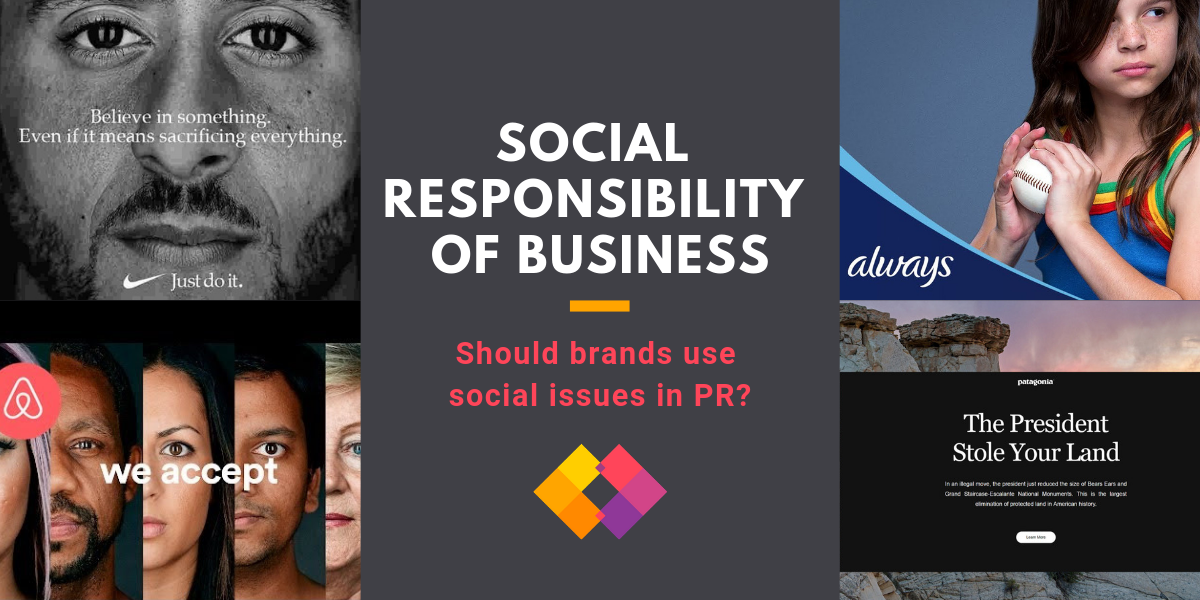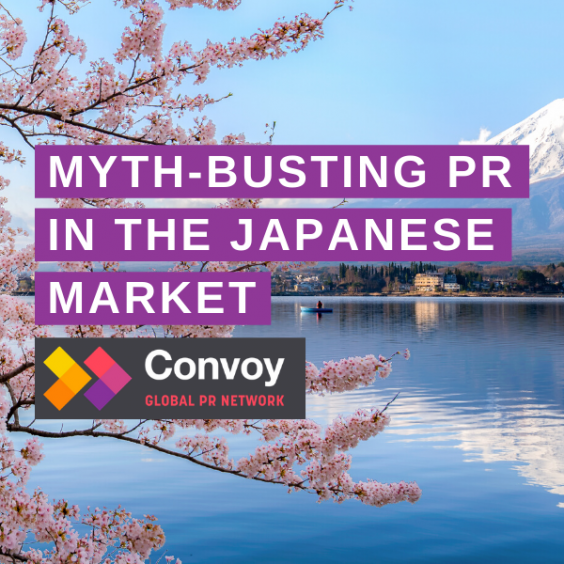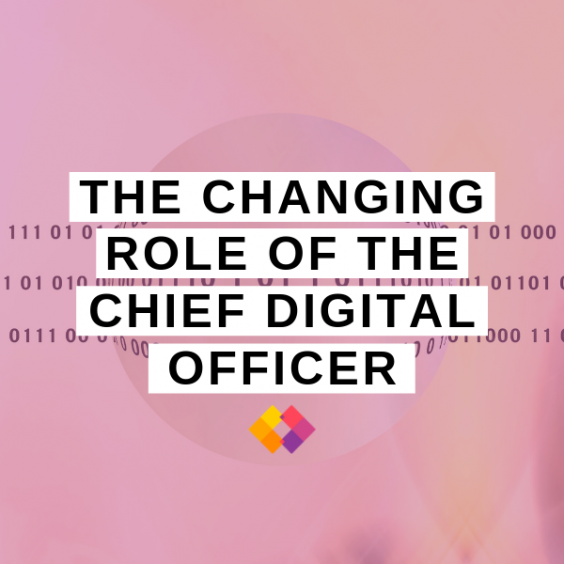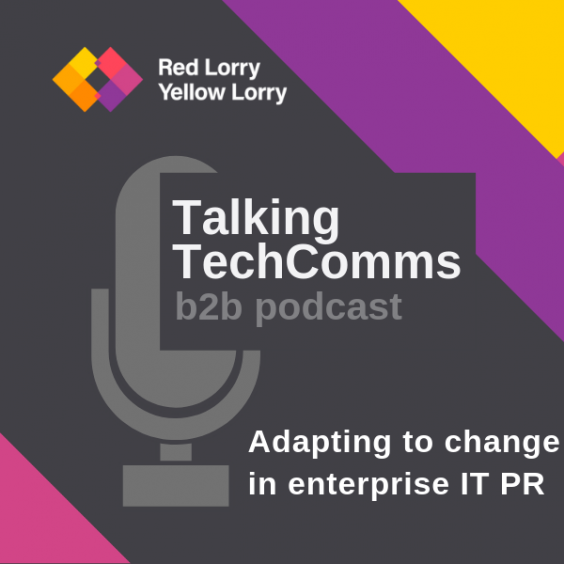Consumers are getting more socially conscious, and are looking to brands to weigh in… at least when and where it makes sense.
A survey last year found that two-thirds (66 percent) of U.S. internet users want brands to take a stand on social and political issues. And, another study found that 64 percent of consumers globally now buy on belief, which is up from 51 percent in 2017. But, yet another report found that most U.S. adults (60 percent) would prefer that brands stick to what they do best, and stay out of politics.
Brands taking a social or political stance is a growing practice, and it’s not surprising that there are so many surveys with varying results. Afterall, weighing in on tough issues often has a polarizing effect, so it only fits that the sentiment around the strategy itself would be divided as well.
But, it seems that brands will be better received when they take a stand on issues that more directly impact their customers (47%), employees (40%) or business (31%). A corporation shouldn’t just take a position on a controversial issue just to do it. It will only be credible if it’s authentic – something that affects the company’s industry and audience, and aligns with their brand values. Only then will a company likely generate rewards that outweigh the risks – rewards like a stronger brand identity and a more loyal customer base of brand advocates.
Understand the Risks for Social Responsibility of Business
Any chance a company takes to come out for or against an issue will generate strong reactions, so brands need to understand the risks, tread carefully and take notes from those who have failed before.
The most notable failure recently is likely Pepsi. Who could forget their controversial ad with Kendall Jenner, “Live for Now”? The ad was pulled after just one day due to the intense backlash from its trivialization of the protests around police brutality against African Americans.
But, silence can also be just as damming, as we saw when the NFL took 18 months to put out a statement on the players’ kneeling protests around the same issue, thereby letting others take control of the narrative and opening the door for heated criticism.
Reap the Rewards
But, there have been plenty of examples of where the payoff far outweighed the risk – even if just because it was the right thing to do.
- Nike – The brand’s decision to feature Colin Kaepernick, saying “Believe in something. Even if it means sacrificing everything,” clearly referenced the NFL players’ national anthem kneeling protests against police brutality, which arguably cost Kaepernick his NFL career. It was polarizing, but ultimately a boon for brand sales (up 31%).
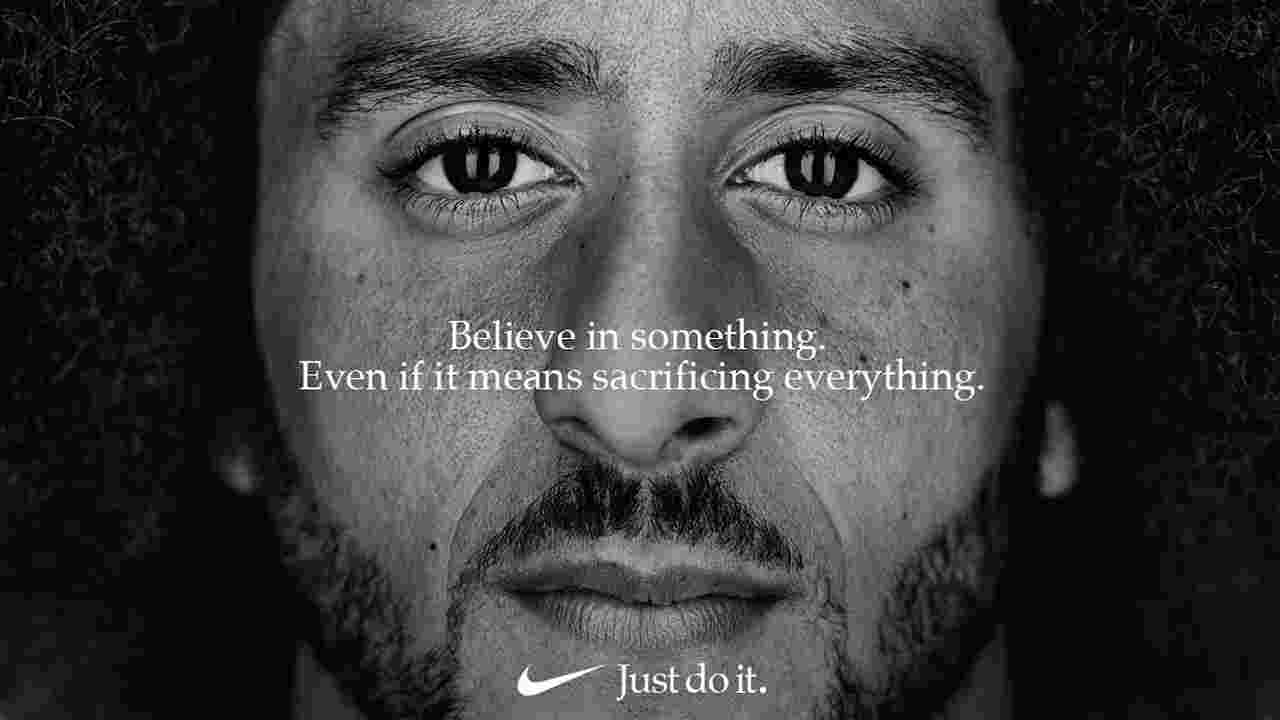
- American Airlines, Frontier Airlines, United Airlines and Southwest Airlines – These airlines all publicly came out against the use of their airlines for transporting immigrant children separated from their parents at the border.
- Patagonia – The outdoor goods retailer took on President Trump with a website landing page stating “The President Stole Your Land” and lawsuit over an executive order that withdrew the protected status of approx. 2 million acres of land for national monuments in Utah. This led to 7 percent higher sales the week the statement went up.
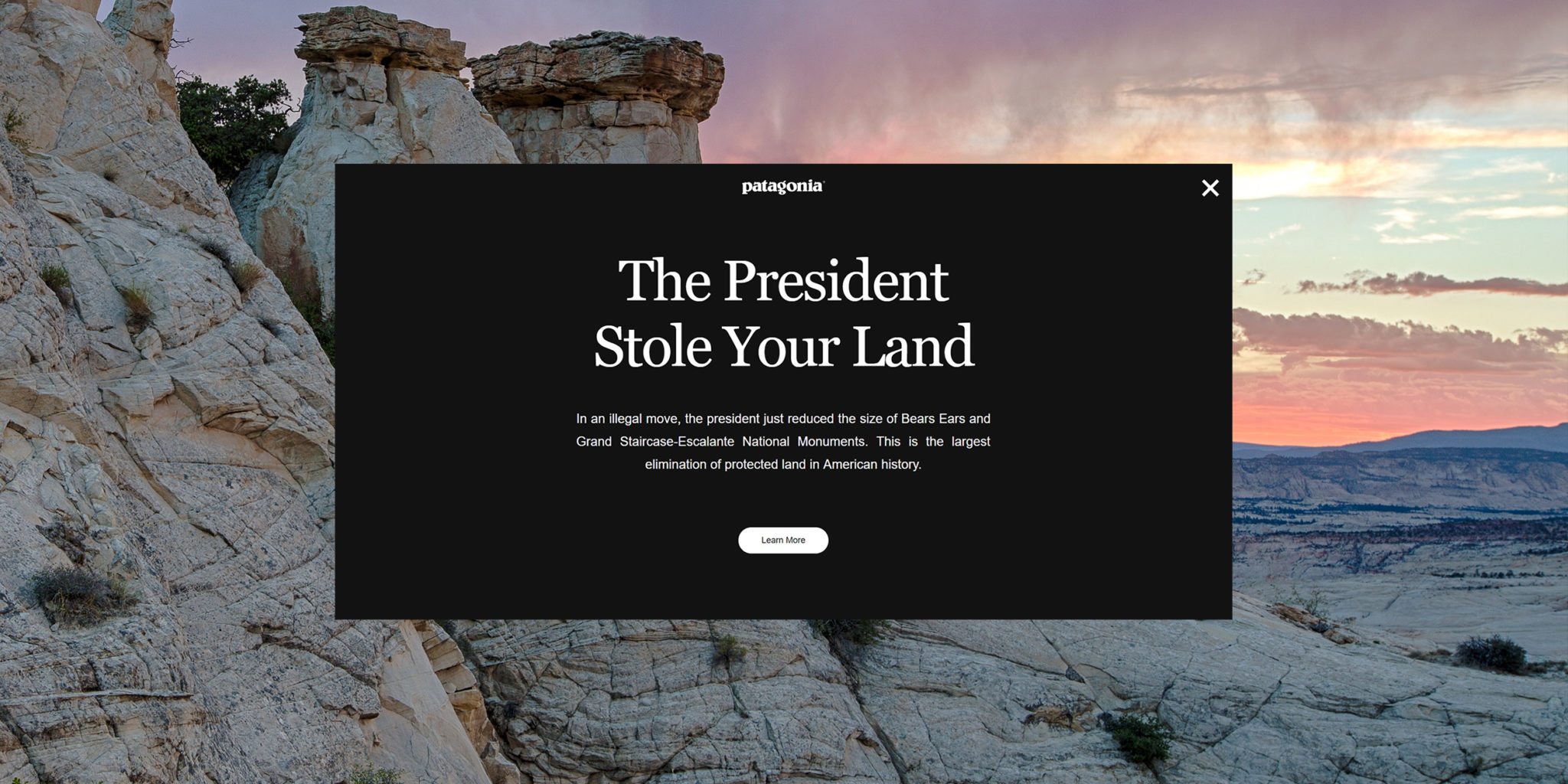
- Airbnb – A little over a week after President Trump ordered the temporary closing of America’s borders to refugees, Airbnb aired its “We Accept” Super Bowl ad offering a sense of belonging for all nationalities.

- Lyft – After President Trump’s travel ban, the shared ride company pledged to donate $1 million to the ACLU over four years, also stating that Lyft will “stand firmly against these actions, and will not be silent on issues that threaten the values of our community.”
- P&G – With its “Like a Girl” and “We See Equal” campaigns, P&G is fighting for gender equality, showing support and empowerment of women and girls.

- Salesforce – In 2015, Salesforce CEO Marc Benioff successfully got then-Indiana Governor Mike Pence to scale back his anti-LGBT law after Benioff’s threats to cut investments.
- Yoplait – The yogurt brand weighed in on the controversial issue of “mom shaming” with its “Mom On” campaign that highlighted common judgements around breastfeeding, returning to work and drinking alcohol.
- Apple, Cisco and eBay – In 2016, these tech giants sought to block a North Carolina bill to ban transgender individuals from using public bathrooms, which contributed enough corporate, political and social pressure to get it repealed.

Suggested Post
Gillette Ad: what’s wrong with controversy in PR?
Controversy. Some brands embrace it, while others avoid it at all costs but, when it comes to PR and marketing...
Read MorePromoting a Brand’s Stance with PR
All of the brands mentioned here received ample attention for their stance on hot-button issues, which makes sense since most of these were obvious marketing-led campaigns that took the shape of advertisements, TV commercials and billboards. Even the more subtle ones – like a tweet from Lyft – gained awareness just from the sheer size of the household brand name.
But, what about for less mainstream or smaller brands? The question remains as to whether social and political positions should be proactively promoted with a PR campaign, or if the responsibility to do what’s right is enough on its own.
In short, it depends on the intent.
For instance, if the aim is to help increase pressure to change policy, then it will be important to use PR support to try to get as much media, digital and social attention as possible to further the cause and make it an unavoidable issue, forcing it to be addressed. But, if the intent is to simply have a point-in-time reference of your position on a matter impacting your industry or employees, or to help support a cause through a donation or other meaningful contribution, then it’s likely best to leave it at that.
At the end of the day, brands need to be authentic. Putting PR behind a worthy cause or social stance could easily misplace the intent, taking away from any attempt to do good and turning it instead into a publicity stunt. Consumers are smart, and if they see through an inauthentic campaign, it could even risk sentiment turning on them and ultimately doing more harm to the cause it set out to support.
If you are looking at PR and content marketing options for your business, drop us a message today and find out how the lorries can help you: hello@rlyl.com.

